There's really no such thing as writing advice. The techniques some people swear by are useless for others. Everyone's process is different, but here are some things that work for me.
- Use your dreams. When you have one of those cinematic dreams that makes sense while it's happening, save it. Tell it to someone as soon as you wake up: tell your boyfriend, your cat, or the invisible audience we all rant at in the shower sometimes (we all do that, right?). Translating a nonverbal event into words helps you remember it, and imposing order on the chaos of dream-logic already beings to shape a story. Then, as soon as you can, write it down. Need a story prompt? Check the dream file.
- Use people you've seen. Remember the twins in second grade who caught a grass snake and brought it to class? Or that cadaverously thin HR manager who never seemed to leave the office? What about the bald guy with the silk scarf waiting in line for coffee this morning? Sometimes, all it takes is imagining the character to start to see the story.
- Use places you've been. Good stories don't have to happen in exotic locations. (Although if you've been to Dubai and want to write a techno-thriller about mile-high glass towers and international espionage, more power to you!) But who owns the peeling farmhouse you pass every day on your commute? What's behind the locked gate, the long driveway, and the barking dog in the middle of the suburbs? Why is the light always on in the fifth floor of that building downtown? Wondering about the story of a place is a good way to find an idea.
- Take a tired idea and turn it inside out. What if the only idea in your head is about a crusty old wizard and his clueless apprentice? Or about an enterprising young man whose life is thrown into chaos by a stranger? You can turn a trope into a workable story idea by wondering how to subvert it. What if the apprentice doesn't turn out to be the hero of the story, and the wizard isn't well-intentioned after all? What if the victim of circumstances is really a sociopath? Mike Reeves-McMillan has written an excellent and highly readable post about fiction tropes and how to avoid them; go read it for more advice on the subject.
Of course, a good idea is just the start of the journey. But the right idea can make finding the story around it into an adventure of its own. Find the idea that inspires you, and above all, keep writing.
If you'd like to see how I used some people from my past and an upside-down trope to find a story idea, read my flash fiction The Curse in Issue #25 of New Myths. It's free to read, and while you're there take a look at some other great ideas that became stories.

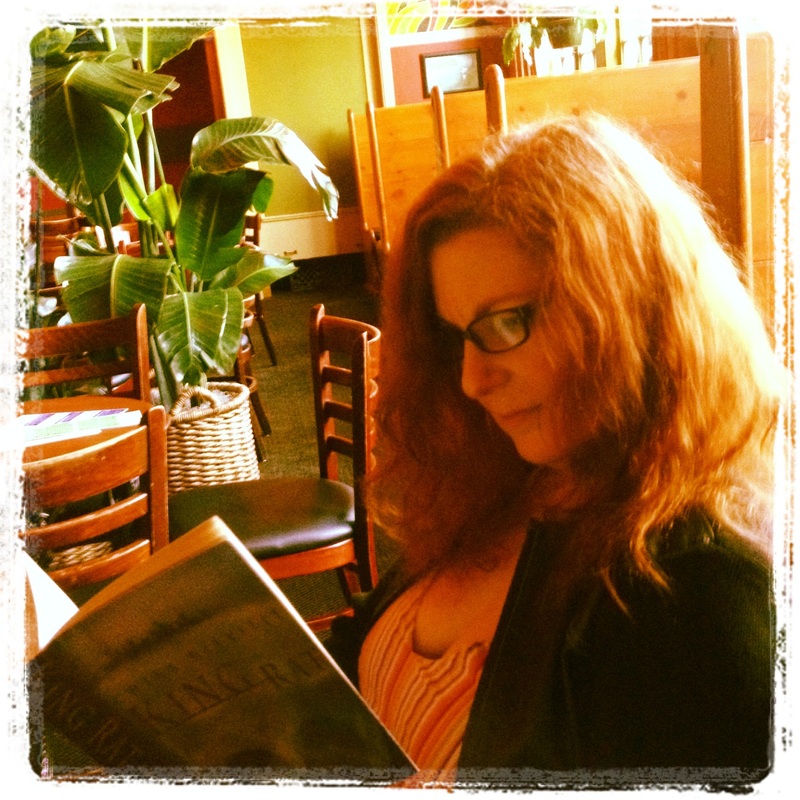
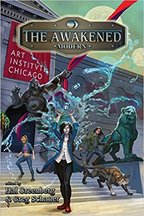
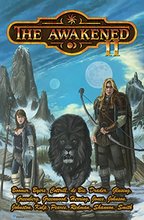
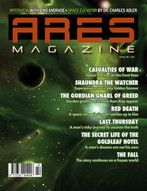
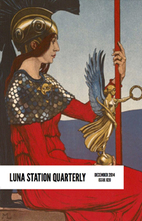
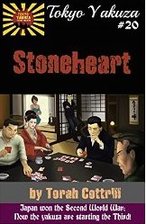

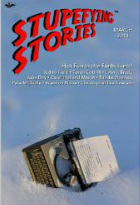
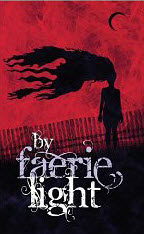
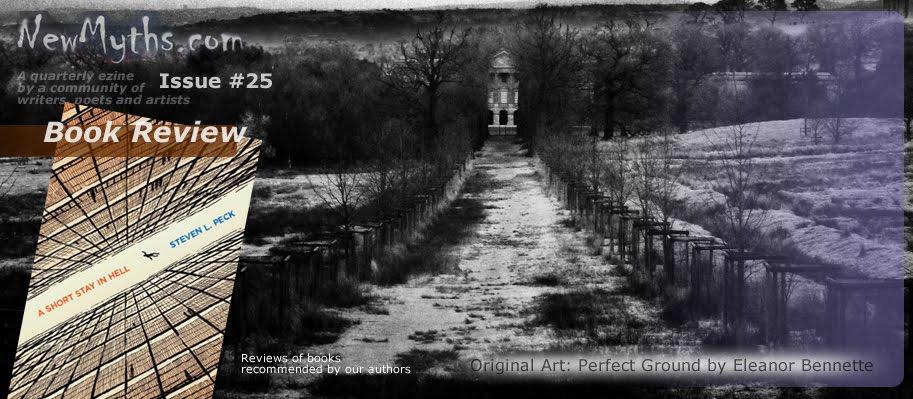

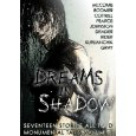

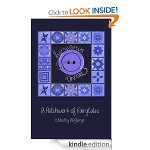
 RSS Feed
RSS Feed
